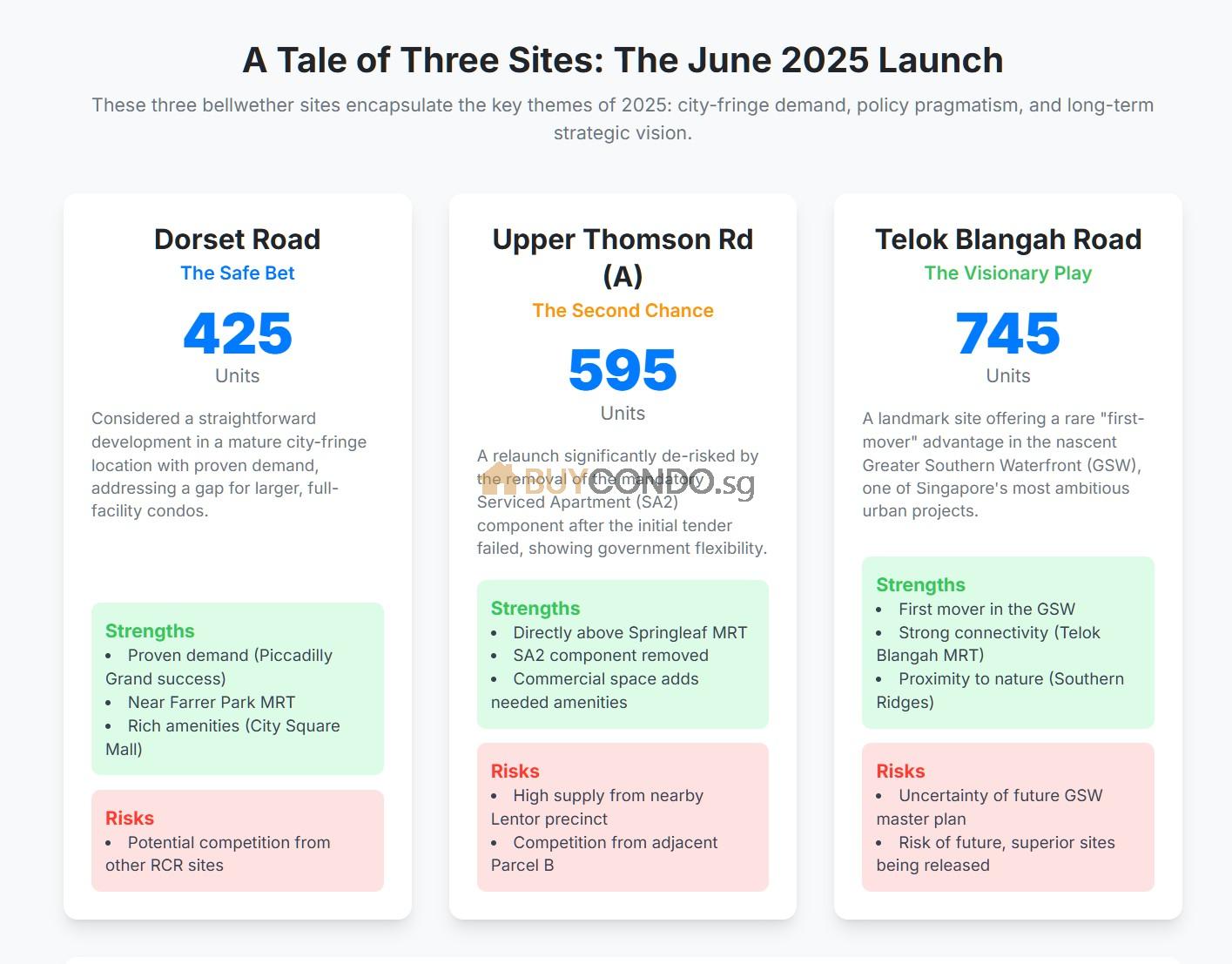Negotiation Essentials for Property Buyers
This article provides essential negotiation tactics for property buyers, including understanding property value, avoiding certain tactics during property visits, handling personal information, making a reasonable offer, navigating sensitive topics, the role of real estate agents, key considerations before buying a property, and the art of negotiation in property buying.
Understanding Property Value
Before embarking on the journey of property buying, it is paramount to have a clear understanding of the property’s value. This knowledge forms the basis of any negotiation and helps establish a realistic price range. Tools with Real time Information can assist to provide an Estimating the value of a property. These apps analyze factors such as location, age, size, and comparable listings to comprehensively evaluate the property’s worth.
Additionally, gaining insights into local market prices is an integral part of informed negotiation. Understanding the local market dynamics helps provide a broader perspective on property prices in the area, enabling buyers to gauge if the property’s price is competitive or inflated. For instance, if a property in less desirable area is priced similarly to properties in a prime location, it could indicate that the property is overpriced. Having this knowledge not only helps buyers make sound decisions but also strengthens their bargaining position.
Tactics to Avoid During Property Visits
Property visits offer a unique opportunity to assess a property firsthand. However, some tactics could potentially hinder the negotiation process if not avoided. One such tactic is asking about the asking price or the most recent offer. Inquiring about these prematurely can reveal the buyer’s position and limit their bargaining power. For instance, if during a property visit, a buyer inquires about the most recent offer, it might suggest to the seller that the buyer is willing to match or exceed that offer, thereby restricting their negotiation space.
Furthermore, buyers should refrain from making positive or negative comments about the property during the visit. These comments could influence the seller’s expectations and consequently impact the negotiation dynamics. For example, if a buyer comments on how much they love the property, the seller might assume that the buyer is willing to pay a premium to secure it, thus potentially increasing the asking price or remaining firm on a price that may be negotiable.
Handling Personal Information
While personal rapport can positively influence negotiations, sharing too much personal information with the seller can potentially backfire. If a buyer reveals that they are in a rush to buy, the seller might take advantage of this urgency to drive a hard bargain. Therefore, it is imperative to maintain discretion and refrain from divulging excessive personal details.
On the other hand, sharing financial information with a trusted real estate agent can benefit the negotiation process. Armed with knowledge about the buyer’s financial capacity, the agent can devise a strategic negotiation approach that aligns with the buyer’s budget and property aspirations. For instance, if the agent knows that the buyer has been pre-approved for a mortgage of a particular amount, they can steer the negotiation towards a price that falls within this range, thereby ensuring that the buyer does not overextend themselves financially.
Making a Reasonable Offer
Making a reasonable offer for a property is an art that requires preparation and foresight. This includes conducting comprehensive research on the property, understanding its comparative market analysis, and evaluating its condition and potential for appreciation. For instance, if a property has recently had major renovations, this could increase its value and justify a higher offer.
Preparation also involves being ready to present a confident yet reasonable offer. This not only demonstrates to the seller that the buyer is serious but also positions the buyer favorably in the negotiation process. A confident offer, backed by sound research and understanding of the property’s value, sends a clear message to the seller that the buyer is knowledgeable and prepared, which can influence the seller’s perception and response.
Navigating Sensitive Topics
Sensitive subjects are an inevitable part of property buying. School preferences, for instance, can significantly influence a buyer’s decision. It is crucial to approach such topics with tact and discretion. For example, if a property falls within the catchment area of a highly sought-after school, it might command a premium. As a buyer, recognizing this factor while also considering the property’s attributes and value can help make a balanced decision.
During negotiations, it is advisable to keep personal information unrelated to the sale or purchase discreet. This ensures that the focus remains on the property and its negotiation dynamics. For instance, buyers should avoid making statements about their family size or lifestyle that could potentially be used by the seller to inflate the price or determine the buyer’s urgency to purchase.
The Role of Real Estate Agents

A skilled and experienced real estate agent can be a valuable ally in property negotiations. They possess the expertise and market knowledge to gather vital information from potential buyers during viewings, which can confer a competitive advantage in the negotiation process. For example, an agent might pick up on subtle cues about a buyer’s interest level in the property, which can help in fine-tuning the negotiation strategy.
Moreover, a good agent can provide guidance and insights that can help buyers navigate the complexities of property negotiations. They can help buyers understand the nuances of contract terms, advise on potential negotiation pitfalls, and provide objective feedback on the property. Their experience and understanding of the market dynamics can ensure buyers make well-informed decisions aligning with their property goals.
Key Considerations Before Buying a Property
Before diving into the negotiation process, it is critical for buyers to get pre-approved for a mortgage. This not only signals to sellers that they are serious and financially capable buyers but also provides clarity on their budget. For example, with pre-approval, a buyer can confidently negotiate within a specific price range, knowing that their mortgage application is likely to be approved for properties within that range.
Furthermore, conducting a thorough self-assessment and asking pertinent questions before buying a property can help buyers make informed and confident decisions. This includes understanding their financial capacity, lifestyle needs, future plans, and property preferences. By knowing what they want and within their expectations, buyers can negotiate with clarity and confidence, ensuring their property purchase aligns with their long-term goals and financial health.
The Art of Negotiation in Property Buying
Property buying negotiations are strategic, requiring professionalism, composure, and a calculated mindset. The principles of Sun Zi’s The Art of War are applicable in this context, emphasizing the importance of strategic planning, understanding the opponent, and adapting to changing circumstances. For instance, maintaining composure and not giving away too much information during viewings can be likened to the Art of War’s principle of deception, whereby revealing less can lead to a strategic advantage.
Learning to treat the negotiation process professionally, keeping emotions in check, and adopting a poker face can significantly influence the outcome. For example, by not reacting excessively to a counteroffer, a buyer can keep the seller guessing about their next move, thereby keeping the negotiation dynamics balanced and open-ended. When applied effectively, these principles can turn the art of negotiation into a strategic tool for securing the best property deal.
Conclusion

In conclusion, mastering effective negotiation tactics is indispensable for property buyers. By understanding property value, handling personal information wisely, and leveraging the expertise of real estate agents, buyers can approach negotiations strategically and confidently. Additionally, navigating sensitive topics with tact and making well-informed decisions are key to securing the desired property at a favourable price. Remember, every property purchase is a significant investment, and effective negotiation can make a substantial difference in achieving optimal value for your investment.














